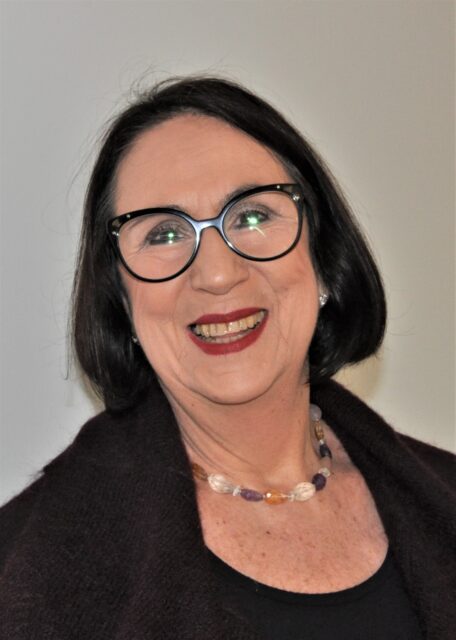Transitioning clients successfully through crises
In a recent article, “Beyond coronavirus: The path to the next normal” McKinsey and Company states that are facing an unprecedented new reality that requires us all to respond to new environments, new customers, and heightened societal expectations in order to lead the way out of adversity.
Crisis management coaching opportunity
Whilst none of us knows what our “new normal” will be like, as coaching professionals, we are in a unique position to be empathic and compassionate in supporting clients to deal with their stress and overwhelm, and gently guide them, as they transition through the COVID-19 pandemic crisis.
We can also support them to elect new ways of taking advantage of the crisis. By helping them create the mindset shifts to transition and move toward an uncertain future proactively. To co-create viable futures by developing collective narratives of hope that catalyse bold collective action, generated by seeing COVID-19 as an inflection point for collective progress.
Crisis management coaching process
It involves safely and skilfully generating creative conversations and safe provocative debates about what the “next normal” might entail.
ImagineNation™ developed a crisis management coaching methodology, adapted from the five stages initially outlined by McKinsey and Company that aims to transform a client’s cognitive dissonance into the creative energy that allows change and innovation to emerge:
1. Reveal, Acknowledge and Resolve personal problems and business issues that have arisen so far, as a result of the crisis:
- How does it really feel to be in your current situation?
- What would it be like, for you, and your family/team, if you could safely share some of these feelings?
- What are some of the key assumptions you hold about the current crisis?
- What would it be like, for you, and your family/team, if some of your assumptions were not true?
- What is your greatest fear or worst-case scenario and why?
- What do you really think/or truly feel about that?
2. Increase their Resilience in the face of adversity:
- What have you done before that has helped you overcome challenging situations?
- What personal resources do you have to draw from that/those thoughts, feelings/actions?
- What else can you take from those experiences?
- How could you frame this crisis differently now?
- What could be possible for you from this crisis?
- What might help you feel calmer, empathic and more courageous about the crisis now?
3. Return to some semblance of normalcy:
- What do you consider to be your most urgent and important personal/business priorities right now?
- What problem did we solve for customers?
- What changes in customer behaviour and needs might there be in the future?
- What contingent plans can you develop to survive and establish stability in an increasingly uncertain world?
- What can you do to stay agile whilst mitigating further risks?
4. Reimagine a sustainable, collaborative and innovative future:
- What if you could wave a magic wand – what could you do to add value to your customers in the new normal?
- What new problems might our customers have in the future?
- In what new ways could these problems be solved?
- How might you think differently about that?
- What is it that you really want to achieve in the post crisis world?
- How important is this to you?
- What might be holding you back from having that?
- What if there were no limitations, how might you feel and what would you do?
- How might you think differently about that?
5. Reinvent or Reform their passionate purpose, leadership, business, social and strategic agendas:
- If you had a super power that would create the life you want, what would it be?
- Why is it important to you, and to your family, to have that life?
- How might it truly feel like, to have that life?
- What might stop you from really having that life?
- How might you think differently about that?
- What might you really think about to initiate manifesting that life?
- How might we explore that idea more deeply?
- How might we handle it differently?
- How might we inspire people to deeply connect and engage in this idea?
- What else?
- Where else might this lead?
Wrapping up:
- What do you consider as your biggest win of the session?
- What will you actually do next and by when?
- How will you know you have succeeded, or not?
- What will be different?
- How will you hold yourself accountable for making that happen?
- How might you celebrate success?
- Mobilizing collective action and progress
 Janet Sernack is the Founder of ImagineNation™ a global innovation consulting and learning company that helps organisations, leaders, teams, and coaches adapt, innovate, and grow through disruption. She is an ICF PCC executive coach, an award-winning global blogger on the people side of innovation, and presents the ICF CCE Coach for Innovators Certified Program.
Janet Sernack is the Founder of ImagineNation™ a global innovation consulting and learning company that helps organisations, leaders, teams, and coaches adapt, innovate, and grow through disruption. She is an ICF PCC executive coach, an award-winning global blogger on the people side of innovation, and presents the ICF CCE Coach for Innovators Certified Program.





